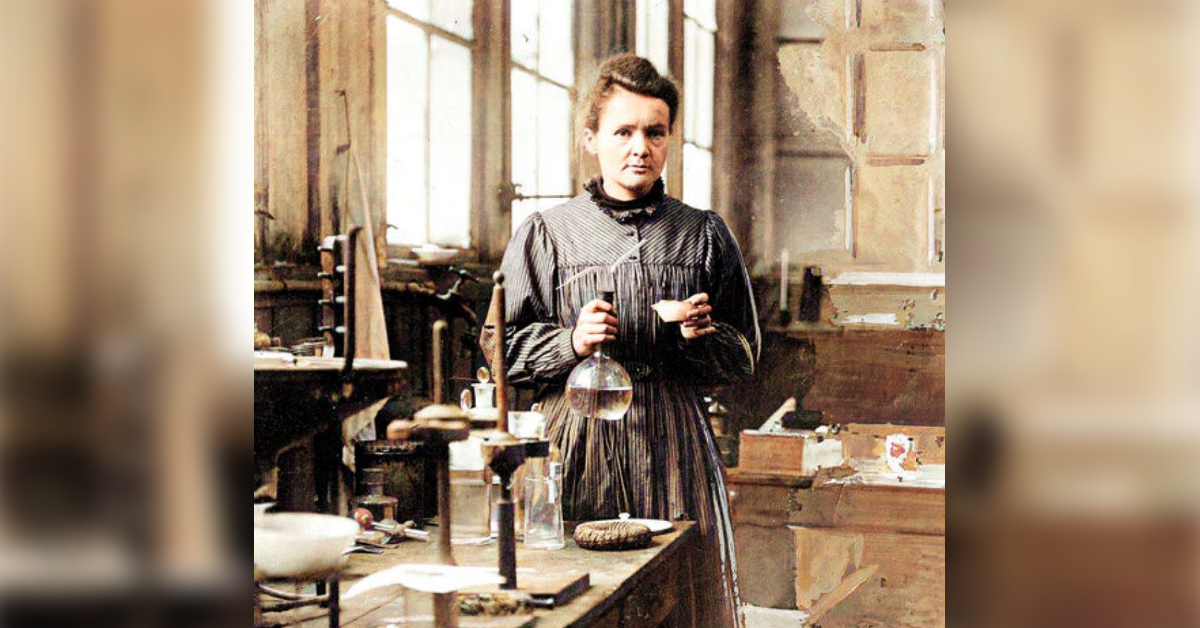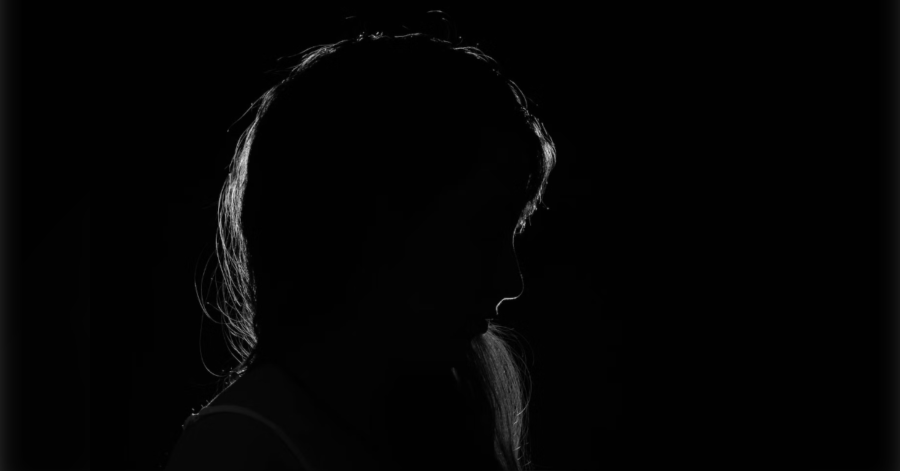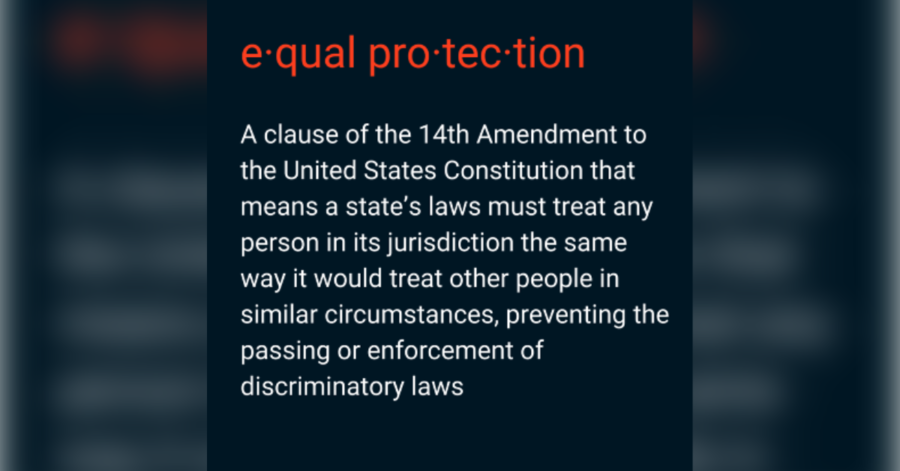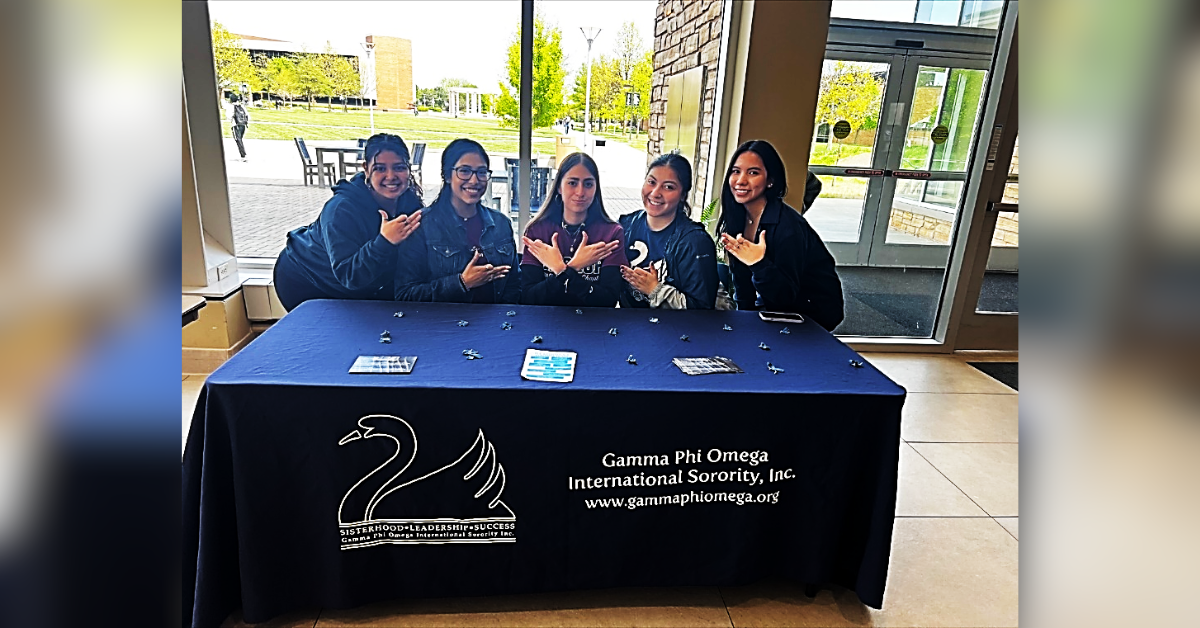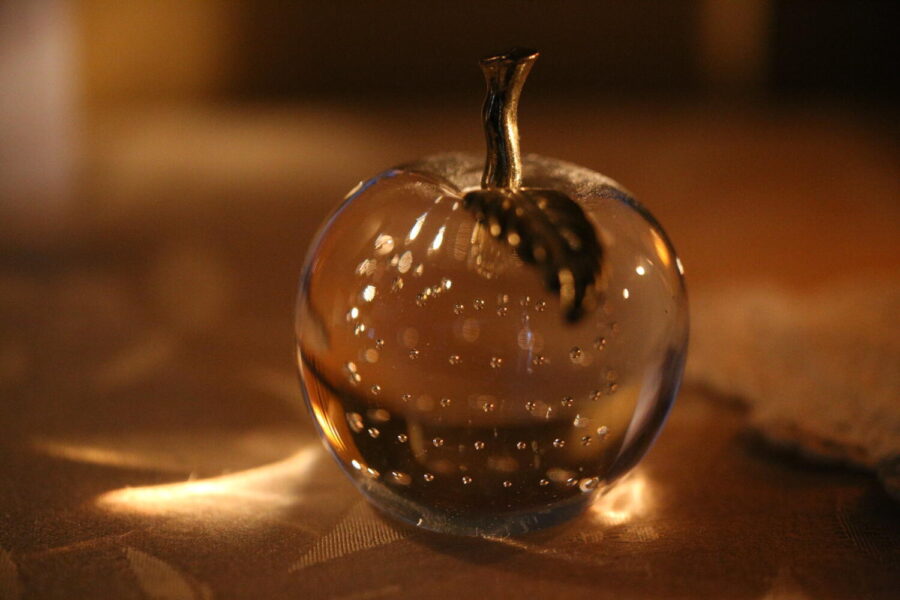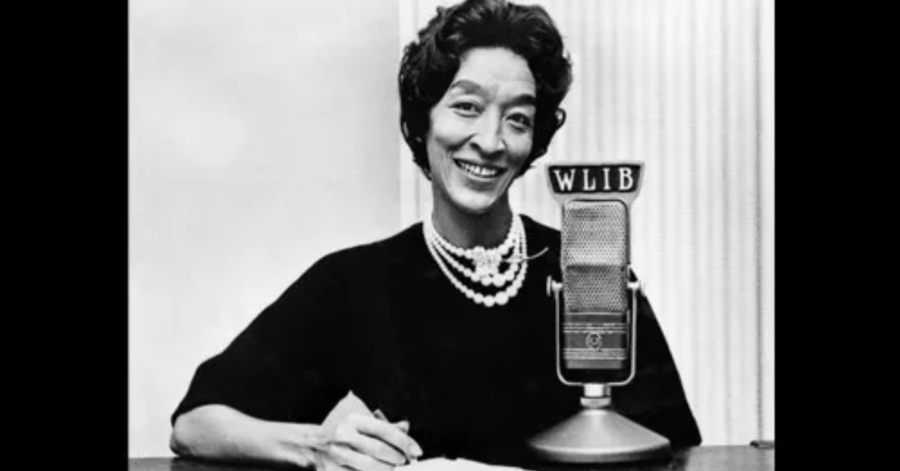A Forbes article entitled “Americas Most Innovative Leaders” asks who are the most creative and successful business minds of today? It explains how data was collected and proceeds with the first page of names, including a list of 50 individuals considered our most innovative leaders. After reviewing this list, there appeared to be one very blatant thing missing: women.
Hive, The Global Community for Entrepreneurs, published an article entitled “The Great Innovators.” The article first offers “The 12 Most Innovative Individuals of All Time,” which includes one female on the list, Marie Curie. Martine Rothblatt and Marissa Mayer were two females out of 20 on the “The Greatest Innovators of the Last 30 Years” list. The “Up & Coming Gen Y Innovators” includes two females of 12, Leila Janah and Eesha Khare. When all of these lists are combined, there is a total of five women out of 94 individuals.
These organizations each have explanations of criteria that make up their definitions of innovation. The Forbes article lists media reputation, social connections, a track record for value creation, and investor expectations for value creation as their criteria. Bryan Ivans provides that “innovation is the process of creating something new that makes life better. Innovation is impossible without passion. Innovators see the world differently” (“The Great Innovators”). These definitions are clear in their expectations which begs the question, where are women like Amelia Earhart, Jane Goodall, and Florence Nightingale? Don’t they deserve a place on these lists?
Performance reward bias happens when leaders and colleagues reward employees of one gender differently from another. These rewards may be promotions, raises, or merit-based rewards, writes Bailey Reiners of Builtin. This could be one reason we are less likely to acknowledge female accomplishment. Despite this lack of recognition, there are more than 11 million women-owned businesses, according to the Senate Committee of Small Business and Entrepreneurship. Education is not a likely culprit as “young women are more likely to be enrolled in college today than young men, and among those ages 25 and older, women are more likely than men to have a four-year college degree,” according to Pew Research Center. These inconsistencies in how we recognize women may be connected to other biases.
“Second-generation gender bias refers to hidden, subtle, and silent bias that persists where women have made career progress but still lack in the higher ranks,” according to the American Bar Association. An article from the Harvard Business Review entitled “Women Rising: The Unseen Barriers,” written by Herminia Ibarra, Robin J. Ely, and Deborah M. Kolb, addresses some of these issues and how to navigate them. First, we should educate everyone about second-generation gender bias so that we can be aware of our tendencies and question whether we are making decisions based on comfort or opportunity for growth. Second, we should create Safe Identity Workspaces. “Companies should encourage them (women) to build communities in which similarly positioned women can discuss their feedback, compare notes, and emotionally support one another’s learning.” This focus can help women feel empowered to speak up and take risks. A third suggestion from the article centers around disregarding the notion of fitting into leadership stereotypes. “People who focus on how others perceive them are less clear about their goals, less open to learning from failure, and less capable of self-regulation.” A greater awareness of these biases and an effort to make these changes could go a long way to recognizing and supporting the women we admire.

